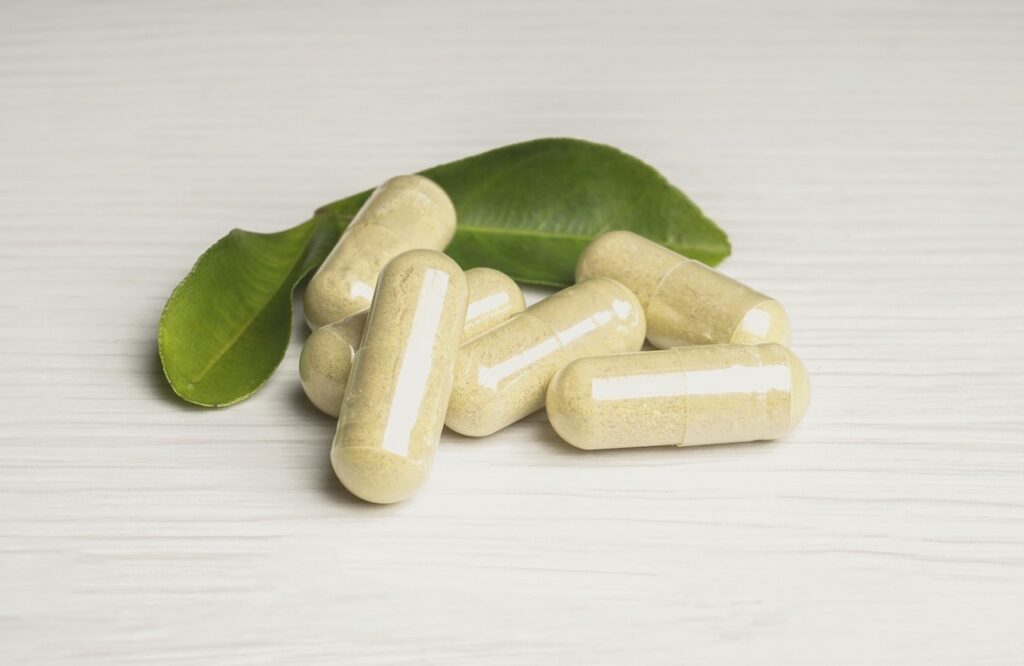
Dietary supplements have become increasingly popular among individuals seeking to improve their health, boost their immune systems, or address nutrient deficiencies. Supplements like Banana Drops include vitamins, minerals, herbs, and other nutritional compounds, which can provide essential nutrients you may be missing from your diet. However, while dietary supplements can offer health benefits, they also require responsible use. Misusing or overconsuming supplements can lead to adverse health effects. This article highlights key health tips to consider when using dietary supplements.
Understand Your Nutritional Needs
Before you start taking supplements, you need to know what your body needs. Supplements aim to fill in the gaps in your diet, not to take the place of real food. You should get most of your nutrients from eating fruits, vegetables, whole grains, and lean proteins. Supplements can help if you can’t eat certain foods or if a doctor has told you you’re low on a specific nutrient. It’s critical to zero in on supplements that address your particular needs instead of taking too many or ones you don’t need.
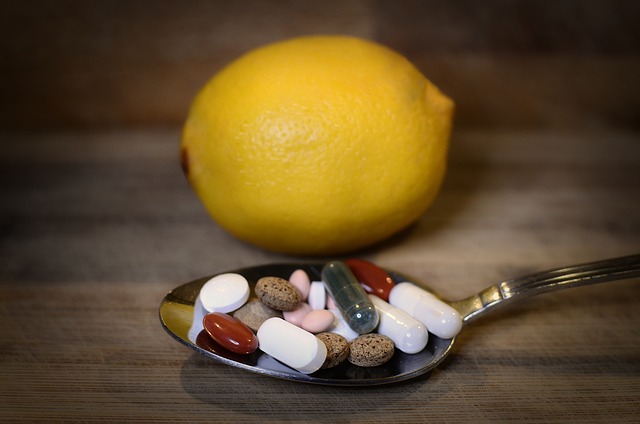
Avoid Overdosing on Supplements
Many people believe that taking high doses of vitamins and minerals will provide extra health benefits, but this can be dangerous. Overdosing on certain supplements can cause toxicity and lead to serious health issues. For example, excessive vitamin A intake can damage the liver, while too much iron can cause gastrointestinal distress and organ failure. Always follow the recommended dosage instructions on supplement labels to avoid these risks.
Check for Quality and Safety
Dietary supplements aren’t all the same. Their quality and safety can differ a lot based on who makes them. Some might have harmful extras, impurities, or stuff not mentioned on the label. It’s crucial to pick supplements from trusted companies that follow good manufacturing practices (GMP). When selecting a supplement, look for third-party certifications, such as those from the U.S. Pharmacopeia (USP) or NSF International. These certifications indicate that the product has been independently tested for quality, potency, and safety.
Be Aware of Potential Side Effects
Like medications, dietary supplements can cause side effects, especially if taken in large doses or combined with other medications. Common side effects of supplements include nausea, headaches, digestive issues, and allergic reactions. Some supplements, such as those containing stimulants like caffeine or ginseng, can also cause increased heart rate or anxiety. If you experience any unusual symptoms after starting a supplement, stop taking it and consult a healthcare professional immediately.
Conclusion
Dietary supplements can be an effective way to support your health, but they must be taken cautiously and carefully. You can safely incorporate supplements into your daily routine by consulting with a healthcare professional, understanding your nutritional needs, avoiding overdosing, choosing high-quality products, and staying aware of potential side effects.

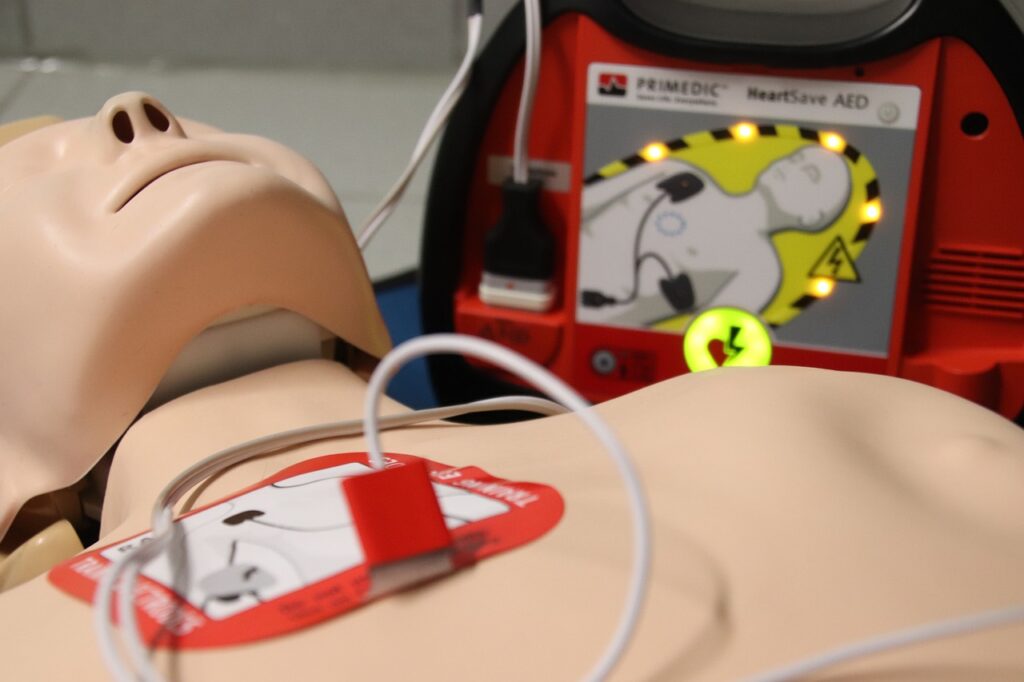
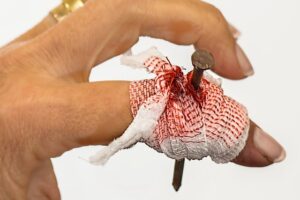 Controlling severe bleeding is a crucial skill that everyone should master. It’s important to act quickly, as uncontrolled blood loss can quickly turn into shock or even death within minutes. First, ensure the scene is safe for you and the victim. Then, use clean cloths or bandages to apply direct pressure on the wound. If the blood soaks through, do not remove it; simply add more layers of material on top. If possible, elevate the injured area above heart level. This helps slow the blood flow to the site of injury. For wounds on limbs, using a tourniquet may be necessary if applying pressure doesn’t stop the bleeding.
Controlling severe bleeding is a crucial skill that everyone should master. It’s important to act quickly, as uncontrolled blood loss can quickly turn into shock or even death within minutes. First, ensure the scene is safe for you and the victim. Then, use clean cloths or bandages to apply direct pressure on the wound. If the blood soaks through, do not remove it; simply add more layers of material on top. If possible, elevate the injured area above heart level. This helps slow the blood flow to the site of injury. For wounds on limbs, using a tourniquet may be necessary if applying pressure doesn’t stop the bleeding.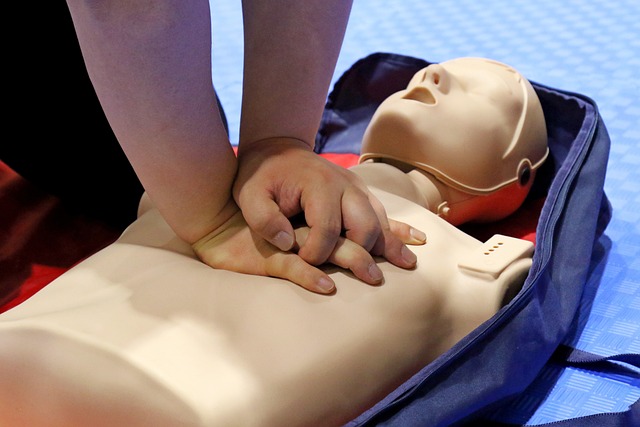
 The Heimlich Maneuver is another vital
The Heimlich Maneuver is another vital 
 Natural food additives are often packed with essential nutrients that our bodies need. For instance, the use of natural sweeteners like honey or maple syrup instead of refined sugar provides not only a sweet taste but also vitamins, minerals, and antioxidants. Similarly, natural colors derived from fruits and vegetables, such as beetroot or turmeric, add vibrant hues while also offering a host of beneficial compounds. By replacing artificial additives with their natural counterparts, we can infuse our diet with valuable nutrients, promoting overall wellness.
Natural food additives are often packed with essential nutrients that our bodies need. For instance, the use of natural sweeteners like honey or maple syrup instead of refined sugar provides not only a sweet taste but also vitamins, minerals, and antioxidants. Similarly, natural colors derived from fruits and vegetables, such as beetroot or turmeric, add vibrant hues while also offering a host of beneficial compounds. By replacing artificial additives with their natural counterparts, we can infuse our diet with valuable nutrients, promoting overall wellness.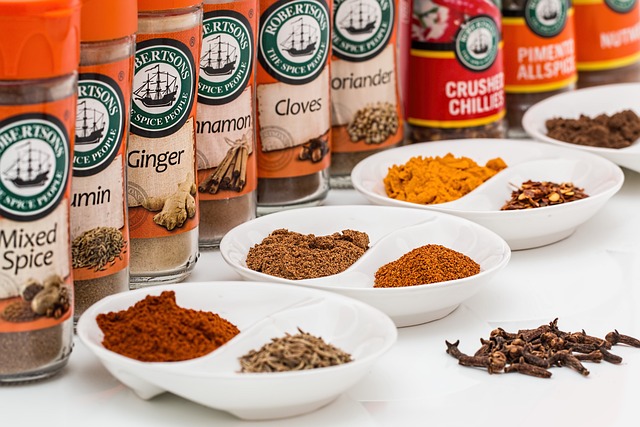
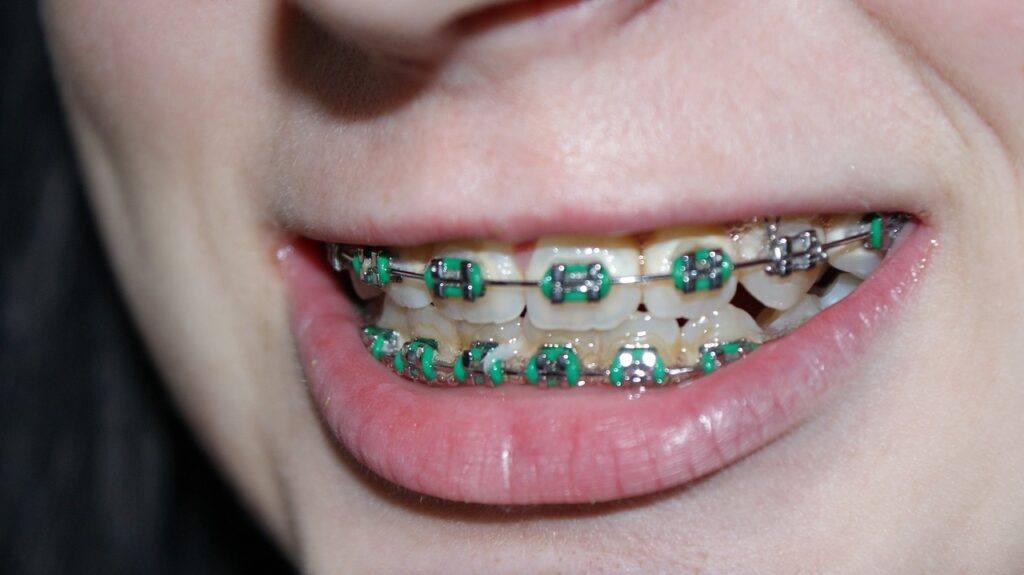
 This is especially important if you have braces since food can get stuck in between the brackets and wires. Brushing twice a day will help keep your teeth clean and healthy while preventing cavities and other dental issues. Flossing is also crucial as it helps remove any debris that has become lodged between your teeth and braces. Furthermore, it is essential that you use the right toothbrush. Most toothbrushes are fine for cleaning your teeth, but you should consider switching to a soft-bristled brush when wearing braces. This ensures that the bristles do not irritate your gums or cause damage to the brackets and wires of your braces.
This is especially important if you have braces since food can get stuck in between the brackets and wires. Brushing twice a day will help keep your teeth clean and healthy while preventing cavities and other dental issues. Flossing is also crucial as it helps remove any debris that has become lodged between your teeth and braces. Furthermore, it is essential that you use the right toothbrush. Most toothbrushes are fine for cleaning your teeth, but you should consider switching to a soft-bristled brush when wearing braces. This ensures that the bristles do not irritate your gums or cause damage to the brackets and wires of your braces.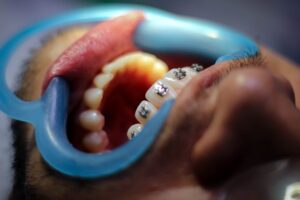 Your orthodontist will be able to monitor the progress of your braces and make sure that everything is on track. It’s important to visit them regularly in order for them to do this, so make sure that you make and keep your appointments. These are just a few of the things that you need to know before you get braces. With proper care and regular visits to your orthodontist, you can make sure that your experience with braces is as comfortable and successful as possible.
Your orthodontist will be able to monitor the progress of your braces and make sure that everything is on track. It’s important to visit them regularly in order for them to do this, so make sure that you make and keep your appointments. These are just a few of the things that you need to know before you get braces. With proper care and regular visits to your orthodontist, you can make sure that your experience with braces is as comfortable and successful as possible.